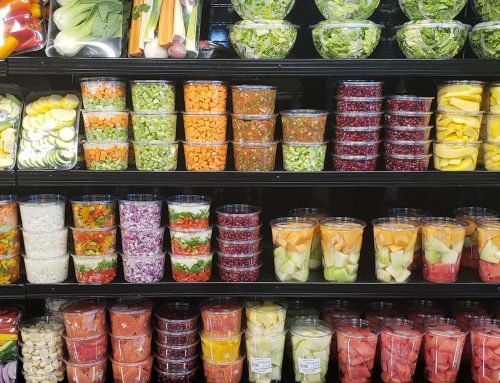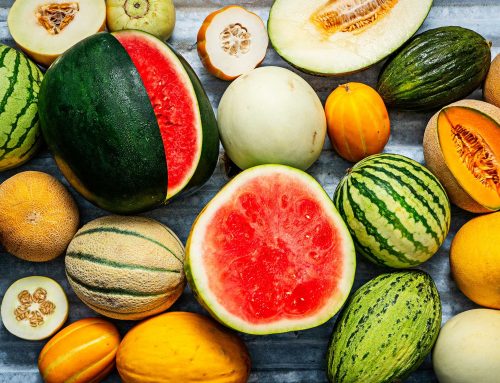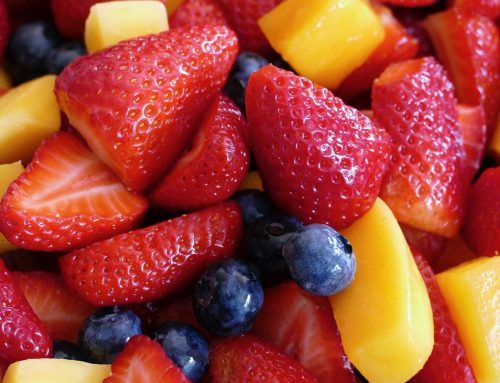 With more time been spent at home in recent months the tendency to snack has been said to be on the rise[1]. In the past, the concept of snacking has been perceived as negative involving over indulgent “treats” however, that doesn’t have to be the case. Scientific studies have observed that healthy snacking, i.e. on nuts, may be affective for appetite control and may help you stop reaching for over calorific food at meal times – it’s just knowing how to snack the right way[2,3].
With more time been spent at home in recent months the tendency to snack has been said to be on the rise[1]. In the past, the concept of snacking has been perceived as negative involving over indulgent “treats” however, that doesn’t have to be the case. Scientific studies have observed that healthy snacking, i.e. on nuts, may be affective for appetite control and may help you stop reaching for over calorific food at meal times – it’s just knowing how to snack the right way[2,3].Healthy Snacking Tips
As said, snacking does not have to be negative. The term snacking simply means something you eat in between your main meals but, when thinking about your daily snacks it’s important to consider a few things.
Where will you be when those hunger pangs strike? If you’re at home, it’s likely you will have something healthy you can reach for to curb those cravings but, if you’re out and about it’s important to take something healthy with you so you’re not tempted to raid the office vending machine with an unhealthy option. It will depend on several factors, such as the physical activity you practice, so when thinking about your snacks think about what you’ll be doing that day and how to adapt your snacking habits to your daily routine.
So, What Should You Snack On?
In our previous article, we discussed the benefits of a plant-based diet, where vegetables, fruits, whole grains, healthy proteins, legumes and nuts should take over a the main part of your diet. Snacks can be a great way to get those extra portions of the above mentioned food groups into your daily routine. A sliced carrot with a dollop of home-made hummus can be a healthy option. And, the best part, hummus can be made with a variety of nuts such as cashews, macadamias, walnuts and peanuts all containing unsaturated fats, considered as ‘good fats’ which have been showed to help lower bad cholesterol and therefore prevent against heart diseases[4]. When thinking about healthy snacks don’t forget to include nut butters too.




